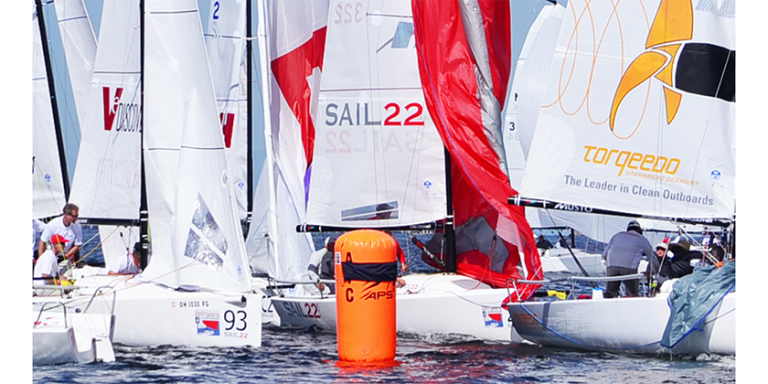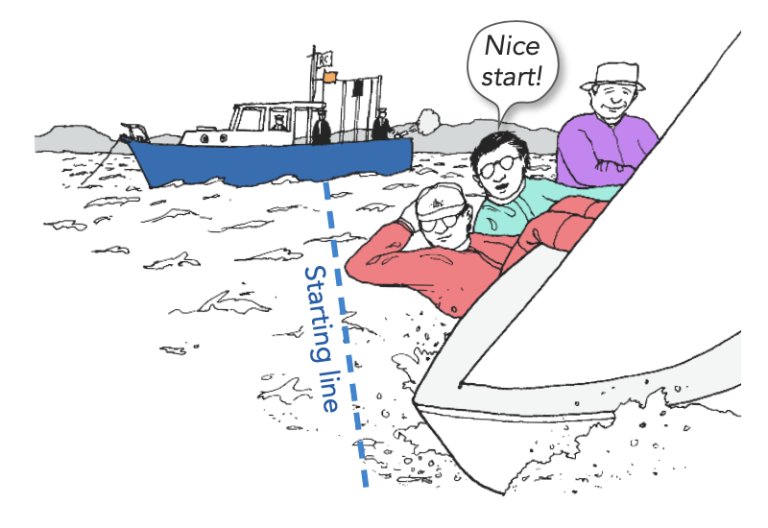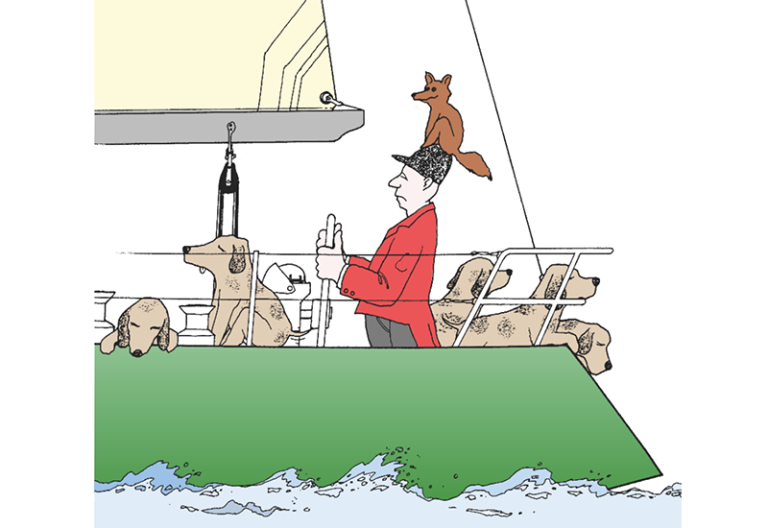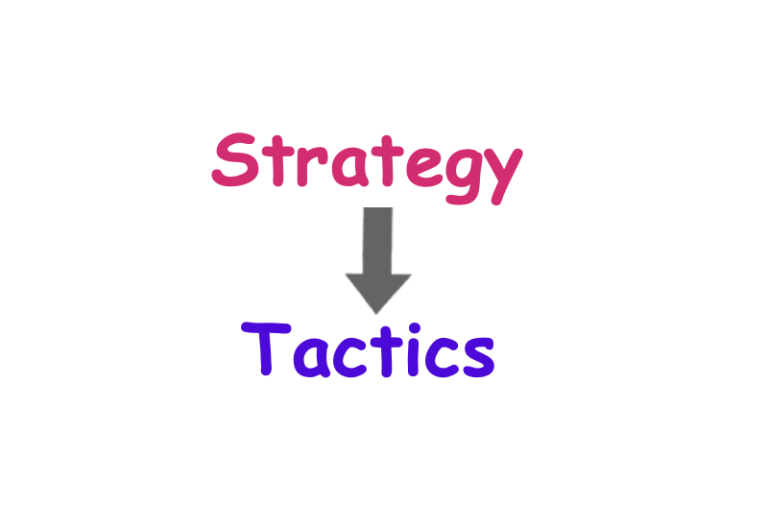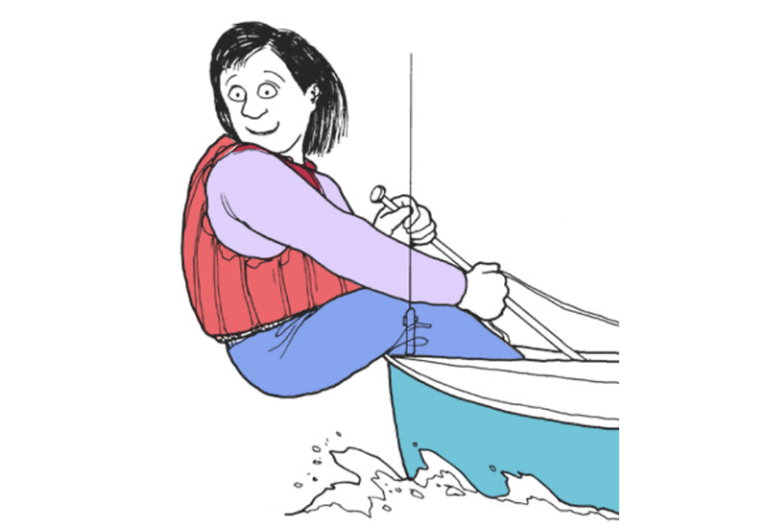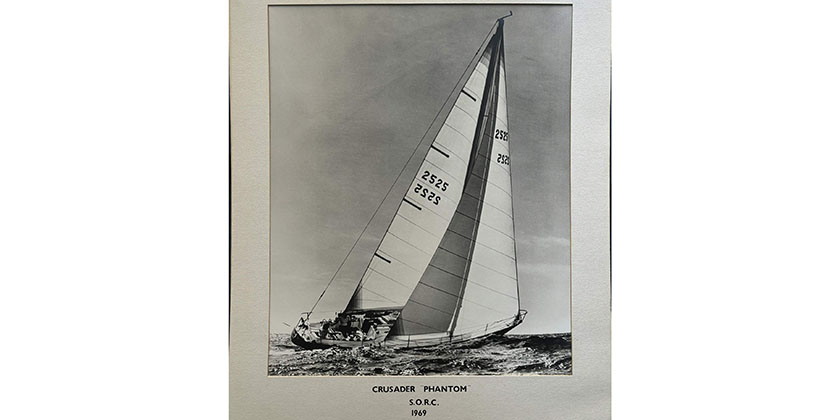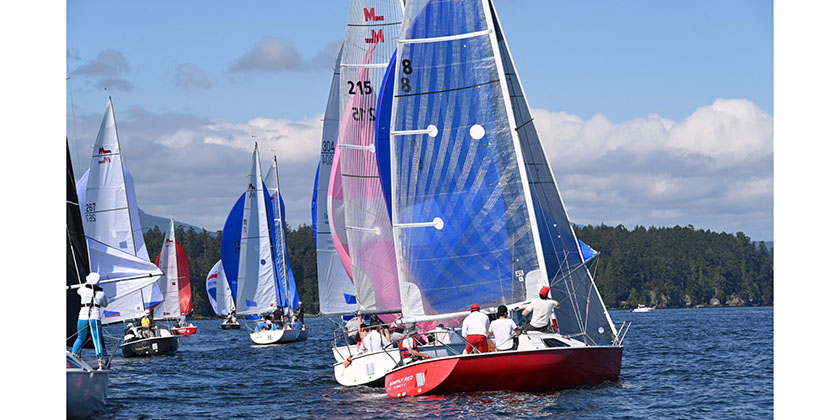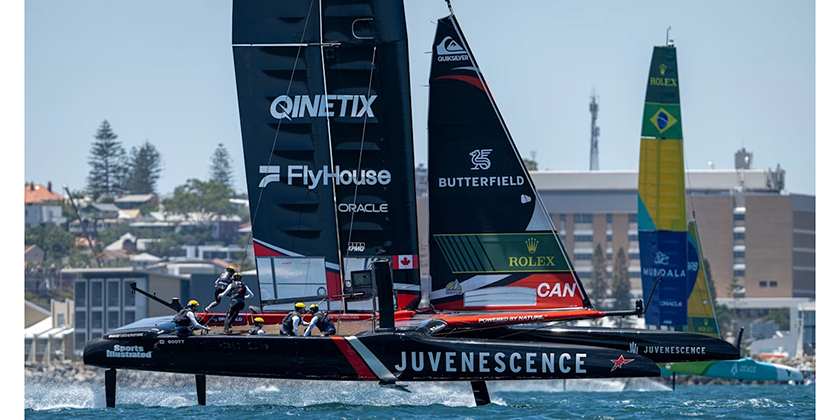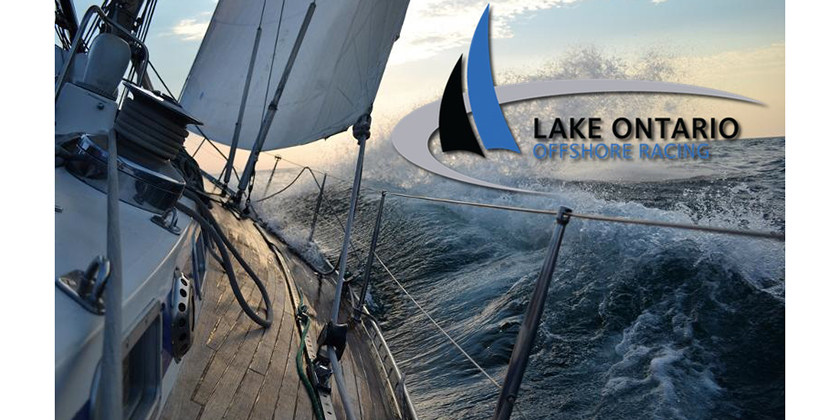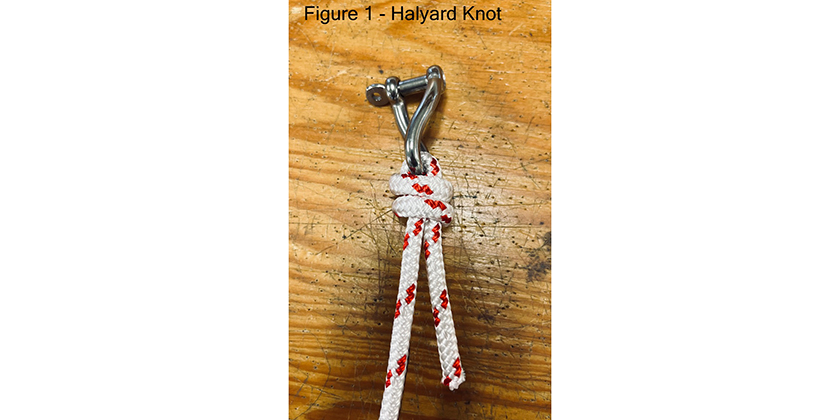Speed & Smarts: Tips: Boatspeed 2 Before the Race
Apr 3, 2024
The title of Dennis Conner’s popular book offers great advice for your mental and physical preparation. The basic idea is this: Before the start of every regatta or race you should eliminate any reason why you might not win that race.
Paul Elvström, the Great Dane, offered similar advice when he said, “The good sailors all know how to race very well, but the champions have won the regatta before the racing begins.” In other words, he and Conner both agree that preparation (of boat, crew, mind, etc.) is absolutely key to racing success.
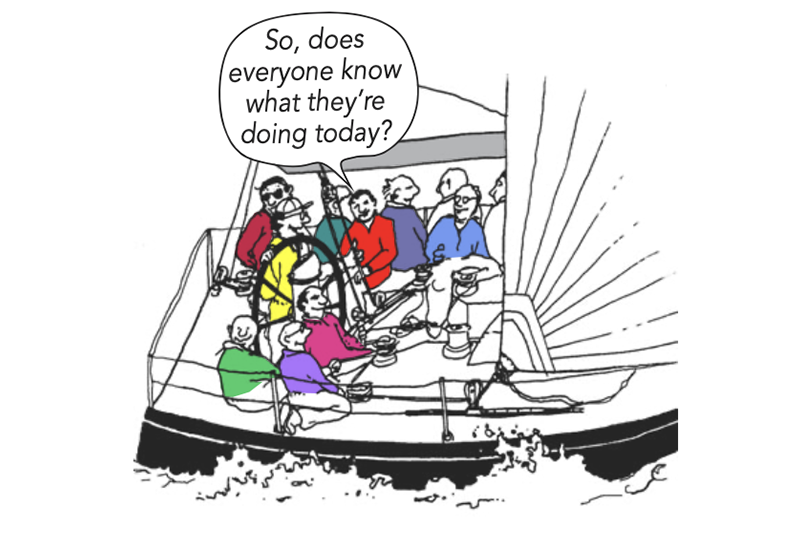
Hold a team meeting.
Getting your crew together before the race can be extremely valuable for preparation and for building team spirit. This should be done well before the first warning signal, preferably on the way out to the course. Its purpose should be to share information that crewmembers need to sail the race. Possible topics include:
• Crew roles (assignments, communication)
• Race procedures (e.g. sailing instructions)
• Weather information (forecast, strategy, etc.)
The goal of this meeting is to get all crewmembers involved in the upcoming race and thinking about their roles. The bigger your crew, the more important it is to have an organized meeting. Be sure to hold this gathering before the starting frenzy begins!
Resolve to avoid contact.
Whether you have the right of way or not, hitting (or touching) another boat is almost never in your interest because it brings a number of risks: 1) that you will be penalized under rule 14 (Avoiding Contact); 2) that you will be disqualified for an incident in which you wouldn’t have been wrong if there was no contact; and 3) that you will cause damage or, worse yet, injury. My suggestion is that before a race or series you make a conscious decision as a team to avoid all contact (if possible).
Warm up your team.
You wouldn’t begin playing a soccer game without stretching your muscles and kicking the ball at least a few times. So don’t start a sailboat race cold either. Get out to the course area early enough so you will have time to get ready. Start by doing some easy tacks and jibes. Once everyone starts to get warmed up, take a break and do some stretching in the cockpit or on deck. Pay particular attention to the muscles you normally use while sailing. Then do a few more rigorous tacks and jibes, plus other maneuvers like stopping and starting, 360-degree turns, spinnaker sets and so on. If possible, practice every maneuver you may need in the race, slowly building up to race-course intensity.
Stand up for a better view.
When you’re trying to see what is happening up the course, the higher you can get the better. Gaining height allows you to see farther and gives you a more accurate picture of the water surface to windward. This is especially important when the wind is light and patchy and you are looking for subtle clues. The easiest way to get a better view of the wind is simply to stand up on a high part of your deck or cabin top. This is easy to do before (or during) a race, and the extra few feet of height it gives you will provide a much better view of the wind.
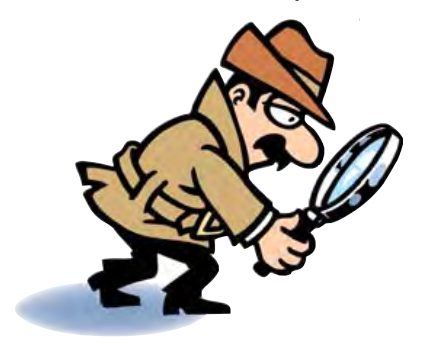
Be a detective.
To be successful, sailors have to be like detectives. In other words, they must be skilled at finding clues to solve a mystery (of what will happen next on the race course).
We never know for sure how the wind will shift or where the best pressure will be, but many clues around the race course can help us with these predictions. And, of course, the sailors who are best at predicting changes in the wind are usually at the front of the fleet. So, keep looking for clues!
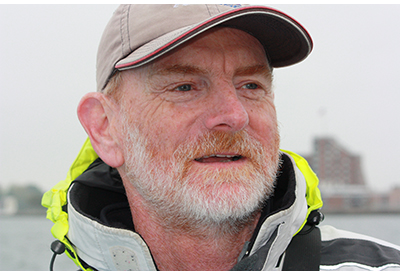
Dave Dellenbaugh is the publisher, editor and author of Speed & Smarts, the racing newsletter. He was the tactician and starting helmsman on America3 during her successful defense of the America’s Cup in 1992 and sailed in three other America’s Cup campaigns from 1986 to 2007. David is also two-time winner of the Canada’s Cup, a Lightning world champion, two-time Congressional Cup winner, seven-time Thistle national champion, three-time Prince of Wales U.S. match racing champion and past winner of the U.S. Team Racing Championship for the Hinman Trophy. He is currently a member of the US Sailing Racing Rules Committee (and was its chairman from 2005-2008).
You can subscribe to the Speed & Smarts newsletter HERE.

